Accanto al I/NJG 1 venne costituito il I/NJG 2 equipaggiato con Do
17 e Ju 88 e comandato dal Capitano Heyse.
Lo scopo della creazione di questo nuovo reparto e della sua
dotazione aerea era quello di intercettare e abbattere i
bombardieri inglesi nella delicata fase di rientro in
Inghilterra.
Attraverso intercettazioni radio i caccia tedeschi andavano a
compiere il loro lavoro nei punti in cui i bombardieri inglesi si
radunavano per il rientro. In questa delicata fase i bombardieri
erano molto esposti al fuoco ed i successi non tardarono ad
arrivare ed anche in numero considerevole.
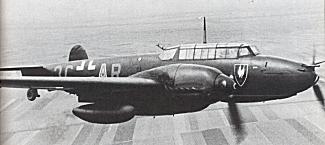
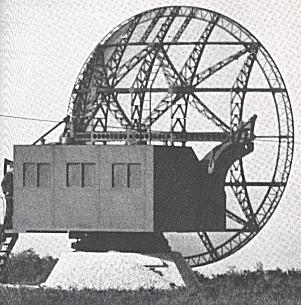
Tuttavia il 12 ottobre del 1941 Hitler stesso ordinò la
sospensione delle operazioni con questa tattica. I motivi furono
che le vittorie erano scarsamente documentate e che
l'abbattimento dei bombardieri provocavano grandi danni una volta
giunti al suolo, tanto che la popolazione fu costretta a correre
nei rifugi per sfuggire ai resti dei velivoli abbattuti piuttosto
che delle bombe.
Questa tattica fu ritentata nel 1945 ma le condizioni belliche
erano disastrose e venne definitivamente abbandonata.
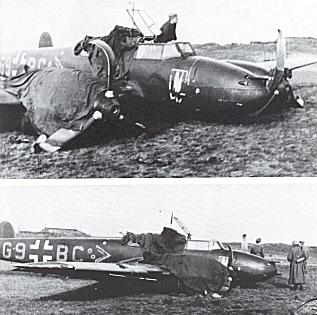
Fronti extratedeschi Al di la della difesa del Reich, qualche impresa di Caccia Notturna
avvenne anche sul fronte russo-balcanico e su quello
nord-africano.
Degni di nota sono i 6 bombardieri russi abbattuti dal tenente
Leykauf che, a bordo del suo Bf 109 G,
nella notte del 23 giugno del 1941.
Quando venne costituito il reparto dedicato alla CN, il IV/NJG 5, comandato dal
nobile Prinz zu Sayn-Wittgenstein, le vittorie raggiunsero una
certa regolarità.
Sul fronte africano, le mansioni di CN erano affidate al I/NJG 2 e 3, tuttavia con la
progressiva perdita dei territori nord africani, le basi dei CN
dovettero essere spostate in territorio siciliano.
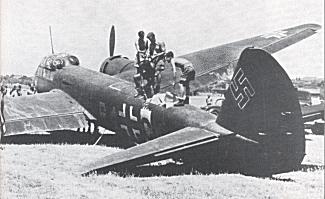
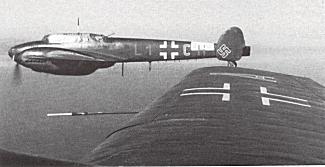
[ ... torna alla pagina precedente ] [ Continua ... ]
English version Nocturnal hunting to
Long range Beside I/NJG 1 came constituted the I/NJG 2 equipped
with Do 17 and Ju 88 and commanded by Heyse Captain. The scope of
the creation of this new unit and of its aerial equipment was
that one to intercept and to pull down the English bombers in the
delicate phase of return in England. Through interceptions German
radios the hunting went to complete their job in the points in
which the English bombers they were assembled for the return. In
this delicate phase the bombers were a lot exposed to the fire
and the successes were not late to arrive and also in
considerable number. However 12 October of 1941 same Hitler
ordered the suspension of the operations with this tactics. The
reasons were that the victories insufficient were documented and
that the discouragement of the bombers once provoked to great
damages joints to the ground, a lot that the population was
forced to run in the shelters in order to escape to the rests of
the low-spirited aircrafts rather than of the bombs. This tactics
was tried again in 1945 but the war conditions were disastrous
and came definitively abandoned.
Extragermanic fronts
Beside the defense of the Reich, some enterprise of Nocturnal
Hunting happened also on the Russian-Balkan and that North
African fronts. Worthy of famous they are the 6 pulled down
Russian bombers from Leykauf lieutenant who, to edge of its Bf
109 G, in the night of the 23 june of 1941. When it came
constituted the unit dedicated to the CN, IV/NJG 5, commant from
the nobleman Prinz zu Sayn-Wittgenstein, the victories become
regulary. On the African front, the CN duties were entrusted to
I/NJG 2 and 3, however with the progressive loss of the north
Africans territories, the bases of the CN had to be moved in
sicilian territory.
[ ... back to
previous page ] [ Continue ... ]